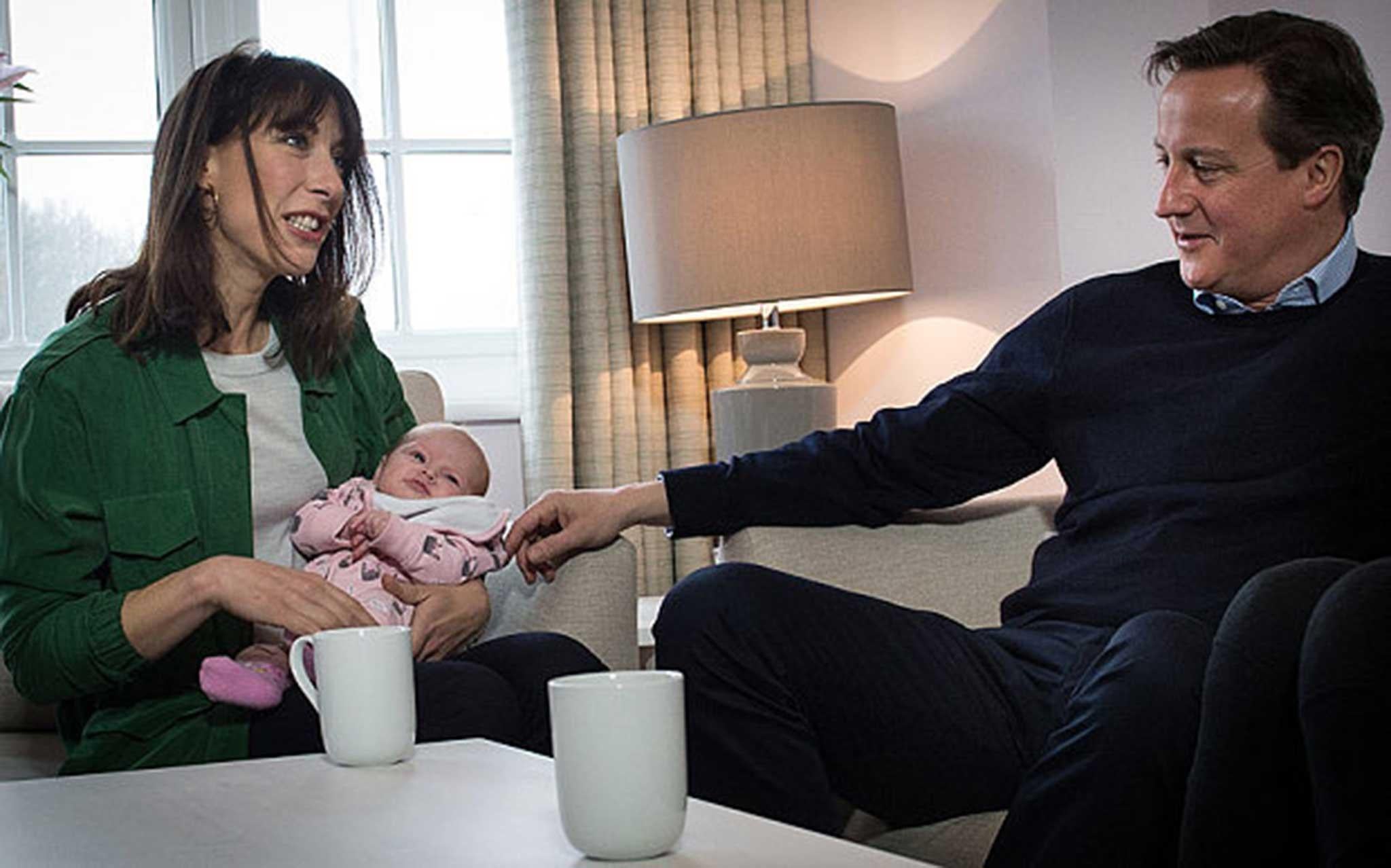Cameron's Notting Hill set of insiders had far too much influence - but under Theresa May, it's all about to change
Cameron's gang of W10 homeowners shared childcare and booked holidays together. But, unlike her predecessor, Theresa May knows what it’s like to be excluded from a glittering circle

Your support helps us to tell the story
From reproductive rights to climate change to Big Tech, The Independent is on the ground when the story is developing. Whether it's investigating the financials of Elon Musk's pro-Trump PAC or producing our latest documentary, 'The A Word', which shines a light on the American women fighting for reproductive rights, we know how important it is to parse out the facts from the messaging.
At such a critical moment in US history, we need reporters on the ground. Your donation allows us to keep sending journalists to speak to both sides of the story.
The Independent is trusted by Americans across the entire political spectrum. And unlike many other quality news outlets, we choose not to lock Americans out of our reporting and analysis with paywalls. We believe quality journalism should be available to everyone, paid for by those who can afford it.
Your support makes all the difference.Just over a year ago, I stood in Conservative Campaign Headquarters and watched as David Cameron arrived back in triumph, gleaming with sweaty delight. It was the morning of 8 May 2015, and the re-elected Prime Minister was on top of the world.
Beside him, beaming with a quieter pride, stood Andrew, Lord Feldman, Cameron’s tennis partner. You’ll find more headlines about Cameron’s other Oxford chums – the tussles with Boris, the Pozzo and Lucky act with "oik" George Osborne – but Cameron’s loyalty to Feldman is the real thing. As students, they organised the Brasenose College ball together; years later, the indispensable Feldman would become the first chair of the Conservative Party to have an office in Downing Street. This, after all, was the old friend who’d shaken down the Notting Hill networks to boost Cameron’s coffers, hosting fundraising dinners for the Tory leader at his own home, off Holland Park Avenue.
Unsurprisingly, Lord Feldman won’t be staying on after Cameron. Theresa May will do things differently – no more cosy suppers making policy in Notting Hill with chums. The Notting Hill set was never an echo chamber – Michael Gove, for example, fiercely disagreed with Cameron on foreign policy long before the EU referendum – but it was a social circle of trust. The Bullingdon Club never mattered as much as the press suggested (neither the Jewish Feldman nor blue-collar Gove were “Buller” material; Boris was never a friend), but property prices did. This matrix of W10 home owners (W11 at a push) found themselves sharing childcare, booking holidays and swapping opera tips as they rebuilt a party together. It was precisely this social synergy – the sheer happenstance of it all – that so alienated outsiders.
A woman in politics, Theresa May has always been too mindful of her authority to make policy on the sofa. True, she’s reserved by nature. Those who tell you she’s unflamboyant will inevitably drop the "vicar’s daughter" tag, which doesn’t quite explain those over-the-knee leather boots. But where a reputation for gossip and intimacy can soften the edges of male politicians, they prove fatal to women.
In the Home Office, May chaired the most formal of policy meetings; in Cabinet, she’d object when plans were presented that had clearly been cooked up over a claret. She, too, had been to Oxford, but more than a decade before Cameron (farewell also, one hopes, to the political cult of youth). But when her old friend Damian Green became her junior at the Home Office – years after his wife, Alicia Collinson, had shared her Geography tutorials – she is not thought to have let him forget her seniority.
In a country distrustful of backroom deals, a return to plain dealing will be a boon. May doesn’t have the squeak of privilege, though her route from Eastbourne to the heart of the Tory party is in truth no less traditional than Cameron’s (vicar’s daughter, soldier’s granddaughter, loyal to the Home Counties and the institutions – this isn’t exactly Cleopatra Jones).
The tragedy of the Notting Hill Tories is that many of them talked a good game about modernising the party – they just looked far too posh to deliver the message. It's hard to imagine Cameron, as May did in 2014, telling the Conservative Party conference it was too white to understand the indignity of racial profiling.
It isn’t all good news for liberal conservatives. Where for Cameroons being “in touch” meant support for gay marriage, for May it seems to look like economic populism. Her launch speech on Monday promised to put employees on big boards and curb executive pay; you can also expect to see the Tories cast themselves as consumer champions against the big energy companies. Like her leadership rival, Stephen Crabb, Theresa May understands that this is the heart of blue-collar Conservatism (she’ll probably also promote Robert Halfon, the popular Essex MP, who is currently Andrew Feldman’s distinctly less posh deputy).
But, unlike her predecessor, she knows what it’s like to be excluded from a glittering circle. For those long awaiting a more inclusive conservatism, that can only be a blessed relief.
Join our commenting forum
Join thought-provoking conversations, follow other Independent readers and see their replies
Comments